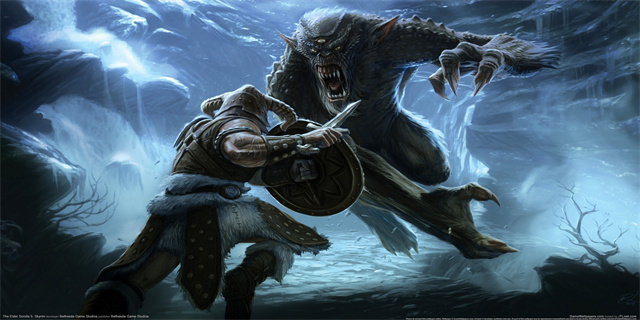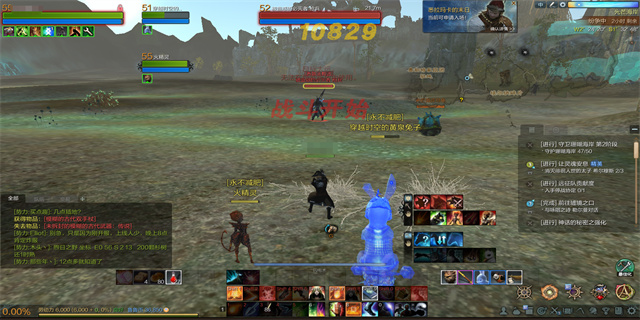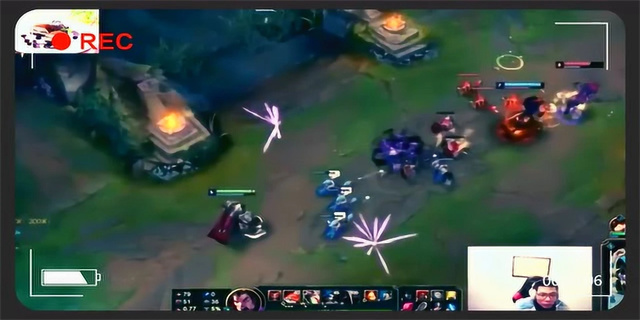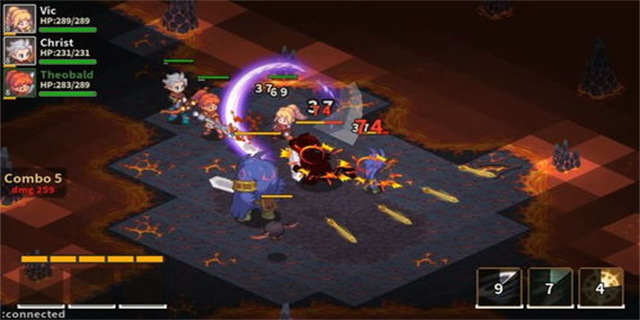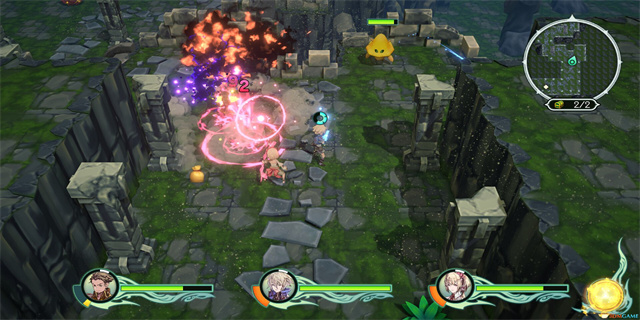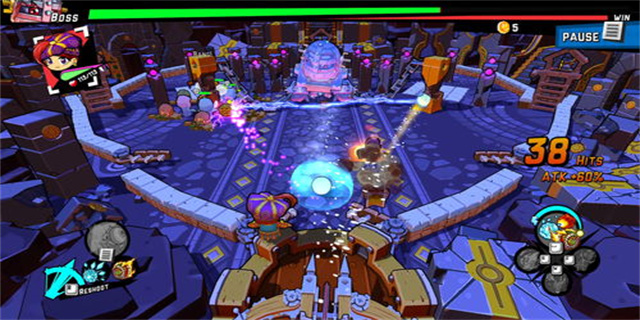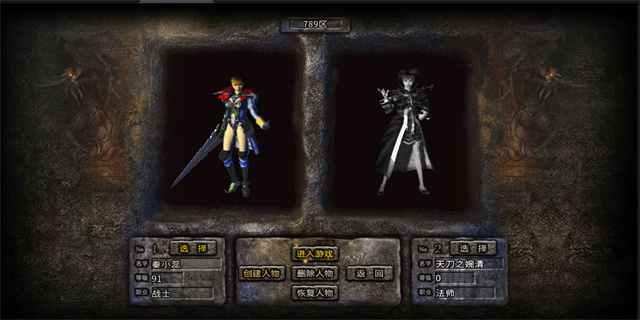fightclub(Gladiator of the Mind The Psychology of Fight Club)
Gladiator of the Mind: The Psychology of Fight Club
When Fight Club hit theaters in 1999, it quickly became a cult classic. With its gritty portrayal of male angst and violence, the film resonated with audiences around the world. But there's more to Fight Club than just a bunch of guys beating each other up. At its core, the movie delves into the psychology of a generation struggling to find meaning and purpose in a world that often feels isolating and empty.
The Allure of Violence
One of the central themes of Fight Club is the allure of violence. The movie's narrator (played by Edward Norton) is a man with a seemingly perfect life- a good job, nice apartment, and all the trappings of success. Yet he's unhappy and unfulfilled. He finds an outlet for his frustrations in the violent underground world of fight club. As the movie progresses, we see him become more and more addicted to the adrenaline rush of physical combat. But why does violence hold such an appeal?
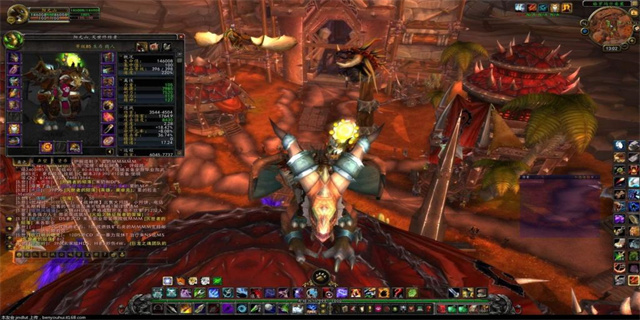
Psychologists believe that humans have an innate tendency towards aggression. While violence isn't the answer to our problems, it's not hard to see why someone might feel drawn to it. The act of fighting represents a release of pent-up emotions and energy. It's a way to connect with other people in a primal, physical way. In a world that often feels sterile and sanitized, the rawness of violence can be intoxicating.
The Search for Identity
Another key theme of Fight Club is the search for identity. The narrator starts the movie feeling trapped in his own life, reduced to nothing more than his job and his possessions. But when he meets Tyler Durden (played by Brad Pitt), a charismatic anarchist who encourages him to embrace chaos, he begins to shed his old self and embrace a new, more dangerous identity.
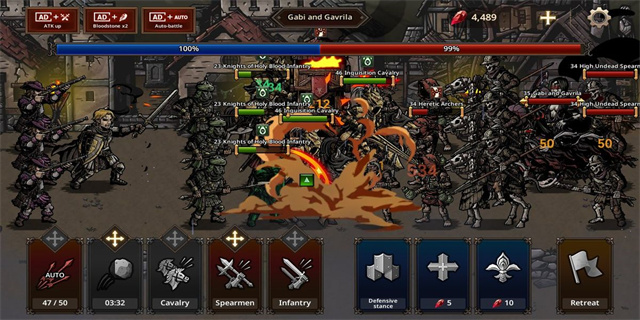
This reflects a common journey that many young people go through as they try to figure out who they are and what they stand for. In a world that often feels devoid of meaning, it's easy to feel lost and adrift. Fight Club offers a vision of rebellion and resistance that can be incredibly appealing to those who feel like outsiders. But the movie also hints at the dangers of losing oneself completely in an identity that's based solely on destruction and chaos.
The Fragility of Masculinity
One of the most interesting aspects of Fight Club is its exploration of masculinity. The men in the movie are all struggling to reconcile their ideas of what it means to be a man with the harsh realities of modern life. They feel emasculated by their jobs, their relationships, and their inability to affect real change in the world around them.
This is reflected in the fight club itself, where men compete to prove their toughness and resilience. But as the movie progresses, we see that these displays of masculinity are really just a fragile front. The men are deeply wounded and vulnerable, and their violent outbursts are a way of masking that vulnerability.
At its heart, Fight Club is a movie about the search for something more meaningful. It's about the struggle to find one's place in the world when everything seems shallow and meaningless. And while the movie's version of rebellion might be fraught with danger, it offers a glimpse into the psychological underpinnings of the human mind, and the ways in which we try to make sense of a confusing and often frightening world.
Gladiator of the Mind: The Psychology of Fight Club When Fig
2023-12-15
